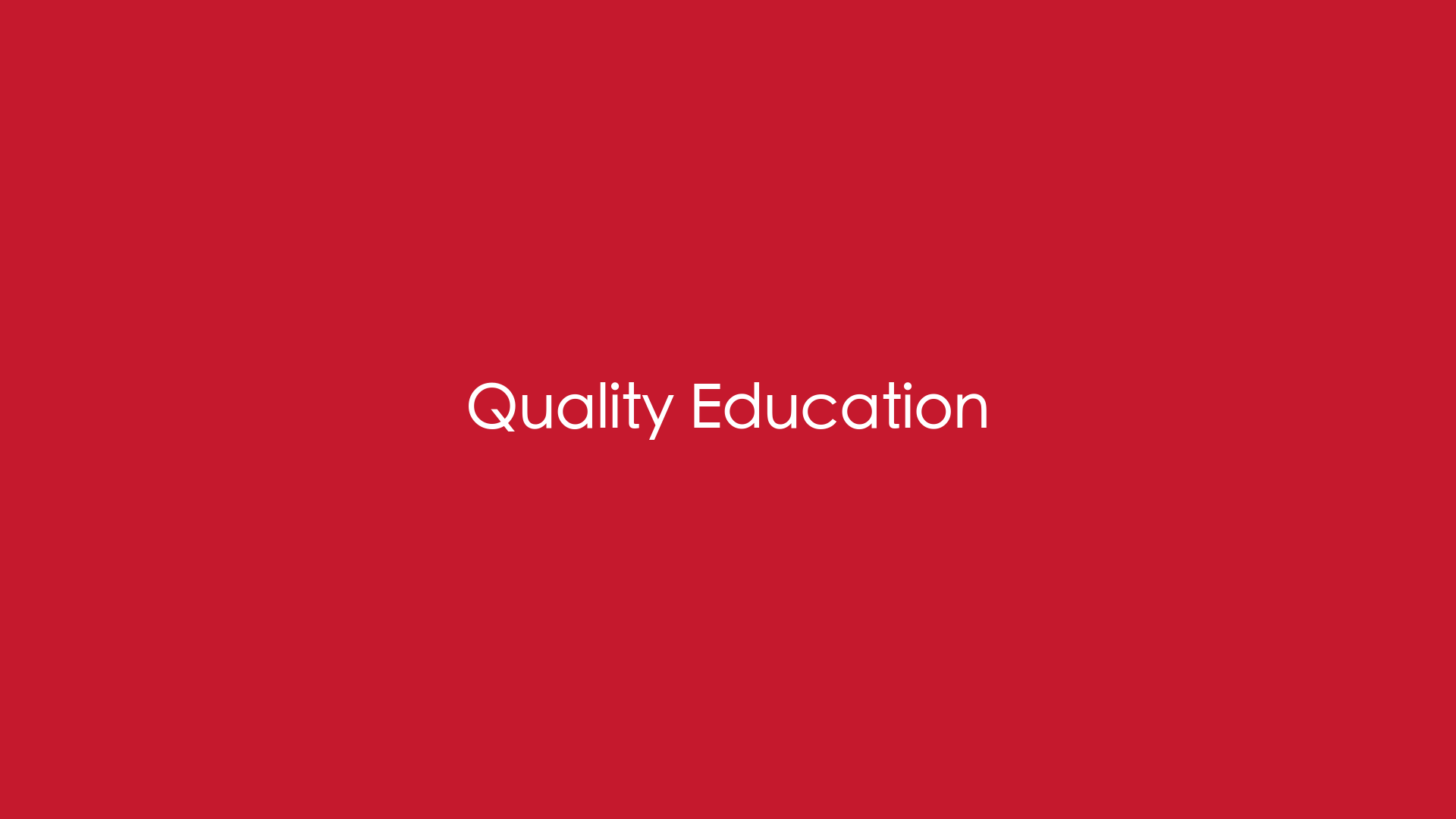Why it is a problem
Quality education is fundamental to personal and societal development, yet access to it is far from universal. Here’s why this remains a significant issue:
- Access to Education: According to UNESCO, 258 million children and adolescents were out of school as of 2020. This denies them the opportunity to learn, grow and reach their full potential.
- Quality of Education: Even when schooling is accessible, quality can be low. Lack of trained teachers, inadequate learning materials, and poor school infrastructure can hinder effective learning.
- Social Inequality: Educational opportunities are often unequally distributed, with girls, children from impoverished backgrounds, and those living in remote or conflict-ridden areas less likely to access quality education.
- Lifelong Learning: Opportunities for lifelong learning are limited, restricting individuals’ ability to adapt to changing job markets and technological landscapes.
What can individuals do
Individuals can play a significant role in promoting quality education:
- Support Education Initiatives: Donate to or volunteer with organizations that promote education, especially those focusing on marginalized groups. Support can help build schools, train teachers, and provide learning materials.
- Advocacy: Advocate for policies that promote equitable access to quality education. This could involve campaigning for fair funding for schools, calling for improved teacher training, or supporting policies that prioritize education.
- Mentorship: If you have a skill or knowledge area you can share, consider mentoring a young person or offering your time as a volunteer tutor.
- Lifelong Learning: Commit to your own lifelong learning. Pursue opportunities for personal and professional development, and encourage others to do the same.
The benefits of solving it
Investing in quality education yields significant benefits:
- Empowered Individuals: Education equips people with the skills they need to secure decent work, participate fully in society, and live more fulfilling lives.
- Economic Growth: Education is linked to economic growth. A more educated workforce is more productive and innovative, which can stimulate economic development.
- Social Equality: Quality education for all can help reduce social inequalities, creating more inclusive societies.
- Resilient Societies: Education can foster peace and resilience, equipping individuals with the skills to solve problems, mitigate conflicts, and adapt to change.
